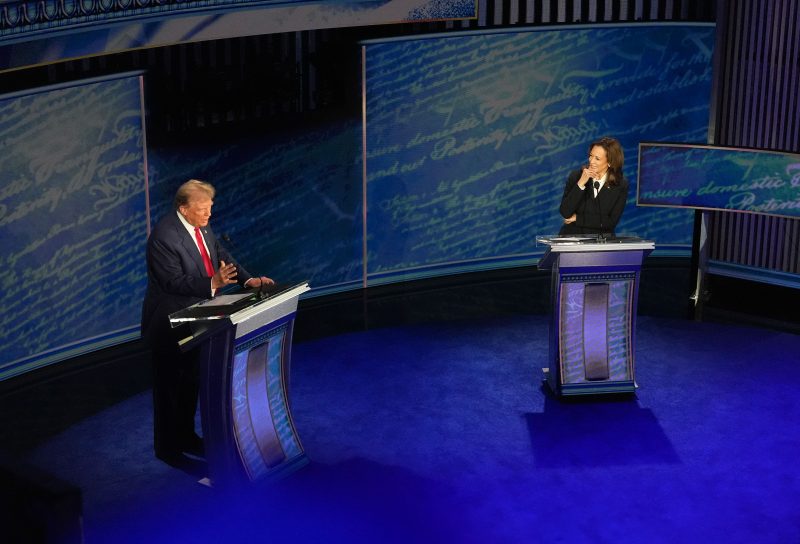In the recent Vice Presidential debate, Senator Kamala Harris and Vice President Mike Pence went head-to-head on a range of foreign policy questions that touched on important global issues. As they tackled these questions, each candidate provided unique perspectives and insights that shed light on their respective approaches to handling international relations.
When asked about how the Trump administration has been viewed by other countries, Pence emphasized that President Trump’s foreign policy has put America first and has pushed back against traditional foreign policy practices that he argued had led to the United States being taken advantage of by other countries. Pence pointed to the administration’s efforts to renegotiate trade deals, its stance on NATO funding, and its tough stance on China as examples of putting American interests at the forefront of global relations. This response highlighted the administration’s emphasis on prioritizing US interests in its foreign policy decisions and seeking to assert American dominance on the global stage.
In contrast, Senator Harris criticized the Trump administration’s approach to foreign policy, arguing that it has weakened relationships with traditional allies and failed to address critical global challenges. Harris highlighted the administration’s withdrawal from international agreements such as the Paris Climate Accord and the Iran nuclear deal as examples of how she believed the administration had isolated the US on the world stage. She also criticized the administration’s handling of relationships with allies such as European countries, arguing that it had created uncertainty and instability in key partnerships.
On the question of how to address China’s growing influence and assertiveness, Pence reiterated the administration’s tough stance on China, emphasizing the need to confront China on issues such as trade practices, intellectual property theft, and human rights abuses. Pence highlighted the administration’s tariffs on Chinese goods and its efforts to counter Chinese influence in international organizations as key components of its approach to dealing with China. This response reflected the administration’s view of China as a strategic competitor and highlighted its efforts to challenge China’s rise as a global power.
In contrast, Harris emphasized the need for a strategic approach to dealing with China that combines cooperation on issues of mutual interest with a firm stance on areas of disagreement. Harris argued for building alliances with other countries to counter Chinese influence and promote democratic values in the Indo-Pacific region. She also called for investing in American industries to ensure competitiveness with China and addressing human rights issues in cooperation with other countries. Harris’ response underscored the importance of a nuanced and multilateral approach to managing US-China relations.
Overall, the Vice Presidential debate provided valuable insights into the contrasting foreign policy approaches of the two candidates. Pence emphasized a more confrontational and unilateral approach to foreign policy, prioritizing American interests and asserting US dominance on the global stage. In contrast, Harris advocated for a more collaborative and multilateral approach, emphasizing the importance of alliances, cooperation, and diplomacy in addressing global challenges. The foreign policy positions presented by Pence and Harris offer voters a clear choice in terms of the direction of US foreign policy in the coming years.

